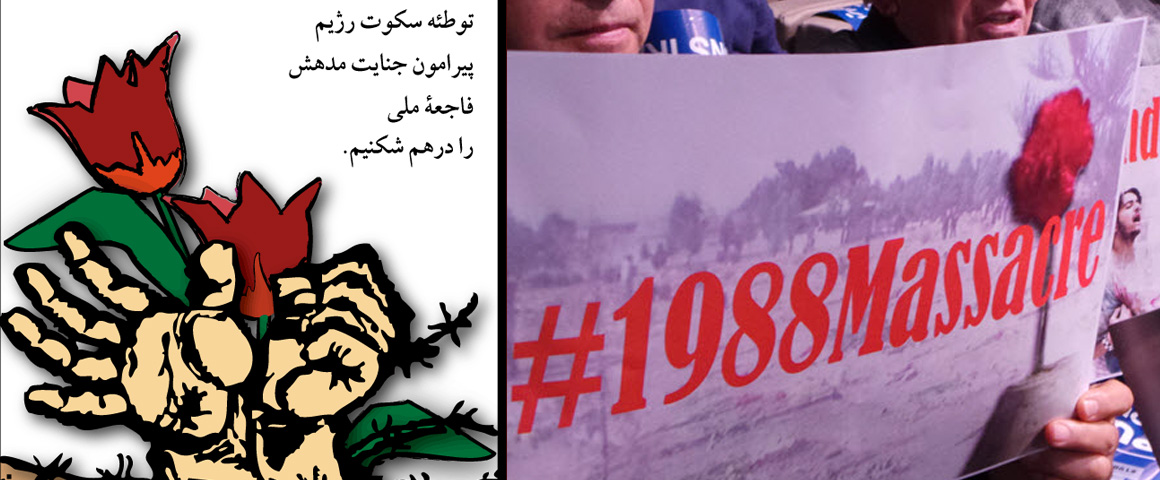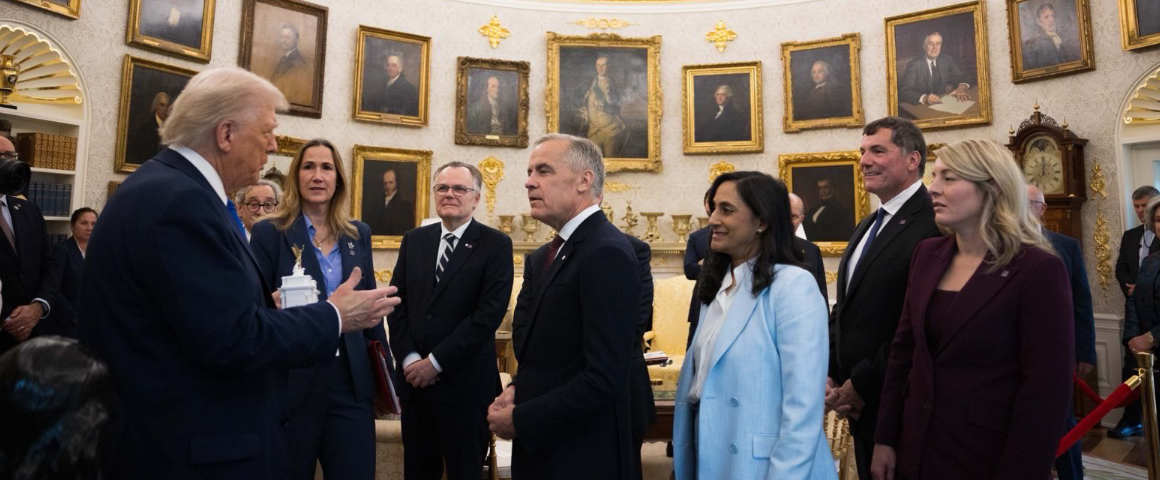Last summer was the 28th anniversary of the 1988 massacre of political prisoners in Iran. Within less than two months, thousands of political prisoners and true fighters for freedom, and social justice were executed by the criminal theocratic regime. The massacre, on the direct orders of Khomeini, has been one of the most shocking political crimes in the contemporary history of Iran, and a clear indication of the nature and the practice of the authoritarian ruling regime in the Islamic Republic.
The publication for the first time of an audio recording from nearly three decades ago in Iran has brought more clarity, and information about the darkest period in the Islamic Republic. This summer, ayatollah Montazeri’s official website, run by his family and followers, published an audio file from a meeting he held in 1988 with senior judges and judiciary officials of the “death commission courts” who ordered the mass executions of political prisoners in trials lasting less than five minutes.
In this audio clip, ayatollah Montazeri told his audience, “In my view, the biggest crime in the Islamic Republic, for which history will condemn us, has been committed at your hands, and they’ll write your names as criminals in the history. But what’s important for me is Islam’s and the revolution’s reputation and the future of our country as well as the person of Mr. Khomeini and how history will judge.”
“I don’t want Mr. Khomeini to be judged and called a bloodthirsty, cruel and brazen figure 50 years from now,” he said. He also tells his audience that he believes the authorities had a plan to execute political prisoners for a few years, and found a good excuse in the wake of the July 1988 incursion by the People’s Mojahedin Organization of Iran.
Ayatollah Montazeri says he felt compelled to speak out because otherwise he would not have an answer on the “judgment day”. “I haven’t been able to sleep and every night it occupies my mind for two to three hours … what do you have to tell to the families?”
Later in the recording, ayatollah Montazeri insinuates that the number of people executed since the revolution outnumbered those put to death by the deposed Shah. When an official seeks his consent for the last group of around 200 people to be executed, he is heard saying fiercely: “I don’t give permission at all. I am opposed even to a single person being executed.”
The file is important evidence that documents the voice of those carrying out a massacre of prisoners and captives without due process or trials. It is important because those involved with the executions are still in power. Mostafa Pourmohammadi, the Intelligence Ministry’s representative in Evin Prison, is currently the Justice Minister in Rouhani’s cabinet. Deputy Prosecutor General Ebrahim Raeesi is now head of Astan Qods Razavi, a religious and industrial conglomerate in Mashhad, and has been mentioned in establishment circles as a possible successor to current supreme leader, Ali Khamenei.
The regime immediately reacted against this publication. The Intelligence Ministry directly contacted Ahmad Montazeri, the son of ayatollah Montazeri, to ask him to remove the audio from the website. After a few days, because of the vast effect of this publication amongst all different groups, Ahmad Montazeri was summoned, and interrogated. He was eventually charged with acting against national security interests, and was tried on October 19 for publishing this audio clip.
There were different reactions towards this audio clip amongst different groups. Those who were in that meeting, and were members of the “death commission,” defended their actions, and called Ayatollah Montazeri “naive”. Unfortunately most of the reformist leaders were silent. Hassan Khomeini, grandson of Khomeini, defended his father and Khomeini for what they have done. Tajzadeh, one of the prominent leaders of the reformists, asked forgiveness from the executed prisoners’ families, and indirectly condemned the massacre. The Tudeh Party of Iran thanked Ahmad Montazeri for his bravery.
Only one senior Iranian official dared to speak out at the time: Ayatollah Hossein Ali Montazeri, who was in line to lead the country after Khomeini, then supreme leader and the leader of the 1979 Iranian revolution.
Montazeri wrote a number of letters to Khomeini condemning the executions, and the grand ayatollah soon fell out of favour. He was later placed under house arrest and faced huge restrictions until his death in December 2009.
The emergence of the audio file has revived calls for an inquiry into the executions. Over the past 28 years, survivors and families of the victims, and all progressive organizations have demanded all the information about the horrible conditions in the jails in those bloodied days in which the prisoners were forced to recant or get executed, and also asking for proper prosecution of all Islamic Republic officials who were involved or knew about this massacre.
In Canada, like every year, progressive groups celebrated the glorious memory of the brave struggles of the fallen heroes of the nation, and saluted the families of all the martyrs of the National Catastrophe of 1988.




